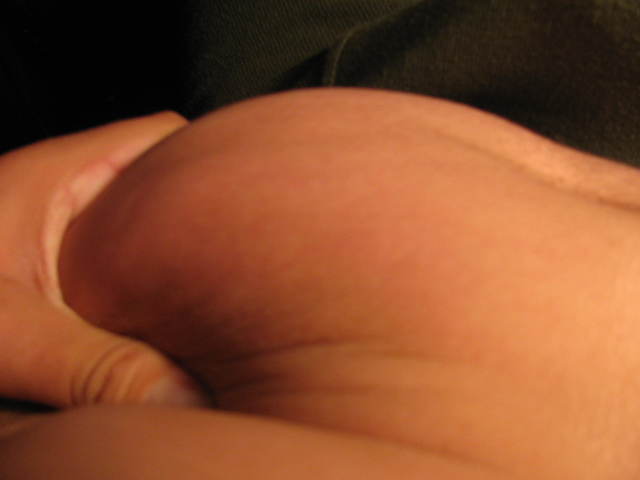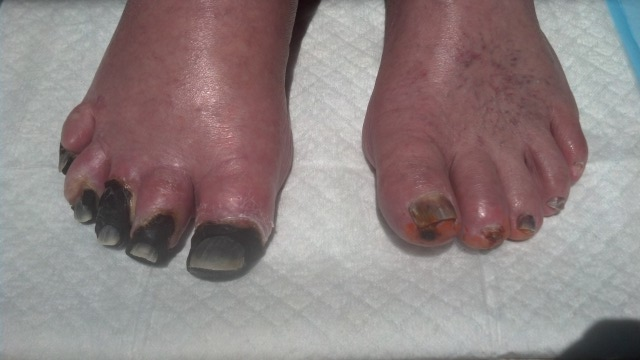Breakfast Cereals: Healthy or Unhealthy?
Here are some factors to consider when evaluating the healthiness of breakfast cereals:
1. Whole Grain Content: Look for cereals made with 100% whole grains. Whole grains provide dietary fiber, which aids digestion, promotes satiety, and may reduce the risk of certain chronic diseases.
2. Added Sugar: Limit cereals with excessive amounts of added sugar. High sugar content can contribute to weight gain, type 2 diabetes, and other health issues. Aim for cereals with less than 10 grams of sugar per serving.
3. Fiber Content: Choose cereals with a good source of fiber. Fiber helps regulate digestion, maintain healthy blood sugar levels, and reduce cholesterol. Opt for cereals with at least 3 grams of fiber per serving.
4. Protein Content: Protein is essential for muscle building, tissue repair, and overall health. Look for cereals with a protein content of at least 5 grams per serving.
5. Low in Unhealthy Fats: Avoid cereals high in saturated or trans fats, which can increase the risk of heart disease. Opt for cereals with minimal unhealthy fats.
6. Micronutrients: Select cereals fortified with essential micronutrients such as iron, zinc, and B vitamins. These nutrients are crucial for overall health and may be lacking in other parts of your diet.
Here are some examples of healthy breakfast cereals:
1. Whole-Grain Oatmeal: Oatmeal made from 100% whole grain oats is an excellent source of fiber, protein, and essential vitamins and minerals.
2. Whole-Grain Shredded Wheat: Shredded wheat made from 100% whole grain wheat provides high fiber and essential vitamins and minerals.
3. Whole-Grain Bran Flakes: Bran flakes made from 100% whole grain wheat bran offer high fiber and may help reduce cholesterol.
4. Whole-Grain Multi-Grain Cheerios: Multi-Grain Cheerios made with whole grain oats, corn, and barley are a good source of fiber and micronutrients.
5. Kashi GoLean Crunch: Kashi GoLean Crunch is made with whole grains and provides a good source of fiber and protein.
Remember that portion control is crucial, even with healthy breakfast cereals. Excessive consumption of any food, including supposedly healthy cereals, can contribute to weight gain. Additionally, consider pairing your cereal with other nutrient-rich foods such as fruits, nuts, or Greek yogurt to balance your breakfast and enhance its nutritional value.
-
What weight should I be and, what can i do to lose about 30-40 lbs
Questionmy name is Ashley, i am 56, 15 years old, and i weigh 176
-
healthy diet
QuestionI have a lot of sensitivities and intolerances. I c
-
Spring Breaks almost here!!!
QuestionHello...Im 57 and 150 lbs. I know Im not too fat or anyth
-
overweight.
QuestionHello Linda, My height is 181 cm and my weight is 78 kg.
-
proper diet and exercise
QuestionIve been working out at the gym. But I want to ask what w
-
Calcium supplement
QuestionHello ! Terry Linde, Have you heard of a powdered calcium



